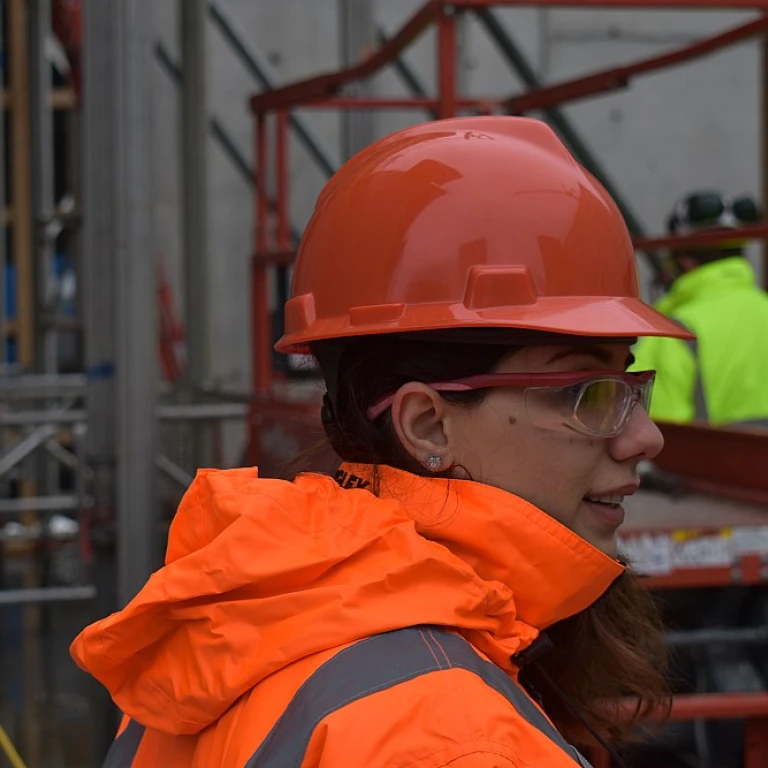
Diagnosing the UK's Unique HR Landscape: Insights for Office Managers
Understanding the UK's HR Challenges
Office managers across the United Kingdom are encountering a rapidly changing Human Resources (HR) terrain influenced by various economic pressures, technological advancements, and evolving workforce expectations. These HR challenges significantly affect the staffing landscape, imposing the need for resilient frameworks to adapt and thrive. In the quest for robust HR solutions, insightful analysis of current trends and obstacles is paramount for any office manager striving for operational excellence. Navigating through the complexities of employee well-being is particularly crucial, as it underpins the performance and satisfaction of any workforce.
Unpacking Employee Retention Issues
One of the focal points in the UK's HR landscape is the rising concern over employee retention. Recent statistics indicate that turnover rates are climbing, pressuring managers to formulate compelling retention strategies. Several factors contribute to this trend, including the desire for greater work-life balance, competitive compensation packages, and career development opportunities. Office managers must therefore delve into these areas, ensuring their staff feel valued and equipped with the resources and support they need to progress within the company.
Addressing the Skills Gap
Another significant challenge is the skills gap that looms over various industries in the UK. As technology continues to advance at a breakneck pace, the demand for digital proficiency among employees has never been higher. Office managers are tasked with identifying these skill shortages and championing continuous learning and development initiatives. Investing in training programs and offering upskilling opportunities not only bridges the skills gap but also enhances staff loyalty and engagement.
Adapting to Flexible Working Demands
The modern workforce increasingly favours flexible working arrangements, a trend accelerated by the global pandemic. The UK's adoption of remote and hybrid work models has presented both opportunities and challenges for office management. While flexible work setups can lead to increased employee happiness and reduced overhead costs, they also require robust communication tools, virtual team-building exercises, and effective performance tracking systems. Office managers must balance these demands to maintain productivity and nurture a cohesive team culture.
As we explore strategies to convert these challenges into successful staffing solutions, it's essential for office managers to stay attuned to the shifting HR landscape. By crafting and implementing resilient HR frameworks, you can enhance your team's dynamism and adaptability, ensuring your organisation remains competitive and attractive to top talent. Embarking on this strategic journey calls for an analytical, detailed, and passionate approach to HR management, where every decision is guided by a deep understanding of the intricacies of the UK staffing environment.
Crafting Robust Solutions to Staffing Adversities: Strategies for Success
Embracing Proactive Recruitment Initiatives
Office managers across the UK are all too familiar with the ebb and flow of talent acquisition. In an ever-competitive market, a proactive recruitment strategy is no longer a luxury—it's a necessity. To craft robust solutions to staffing adversities, embedding SEO keywords such as "effective recruitment processes" and "strategic hiring" within job advertisements can significantly elevate a company's visibility to high-caliber candidates. In addition, leveraging social media platforms and professional networks can unearth passive candidates who may not be actively searching but are open to new opportunities.
Implementing Continuous Professional Development
Talent retention is as crucial as acquisition. Implementing a culture of continuous professional development (CPD) serves the dual purpose of enhancing employee skills and reinforcing their commitment to the organisation. Statistics show that employees who engage in CPD are 69% more likely to stay with their current employer for at least three years. By investing in training and development programmes, office managers can ensure their team's growth is aligned with the company's strategic goals.
Building a Constructive Feedback Culture
Feedback is the cornerstone of professional growth and a resilient HR framework. A constructive feedback culture encourages open dialogue and continuous improvement. Office managers should facilitate regular performance reviews, which could lead to a 20% increase in employee performance. Creating an environment where feedback is consistently framed positively can translate into higher staff morale and reduced turnover rates. This approach helps in mitigating the detrimental impact of UK staffing challenges and contributing to a stable, more productive workplace.
Fostering Workplace Flexibility
Workplace flexibility has become a decisive factor in the UK job market. In light of the evolving work-life balance paradigm, offering flexible working options can substantially enhance a company's attractiveness to potential employees. Flexible schedules and remote working opportunities are more than perks; they are essences of a modern, employee-centric office culture. Evidence suggests that organisations that support work flexibility see a reduction in employee absenteeism by as much as 25%. Office managers that promote and manage flexible work policies are creating resilient HR frameworks capable of withstanding staffing fluctuations.
Leveraging Technology for Efficient Workflow
The use of technology in workflow management can radically transform the efficacy of HR operations. Innovative HR software solutions offer a plethora of benefits from automating routine tasks to providing data-driven insights into workforce dynamics. Integration of HR technology not only sharpens the competitive edge of a company but also plays a significant role in streamlining the recruitment process. For instance, Applicant Tracking Systems (ATS) can help in refining the candidate search by pinpointing individuals who best match the job requirements, driving towards an efficient and effective hiring process.







-large-teaser.webp)